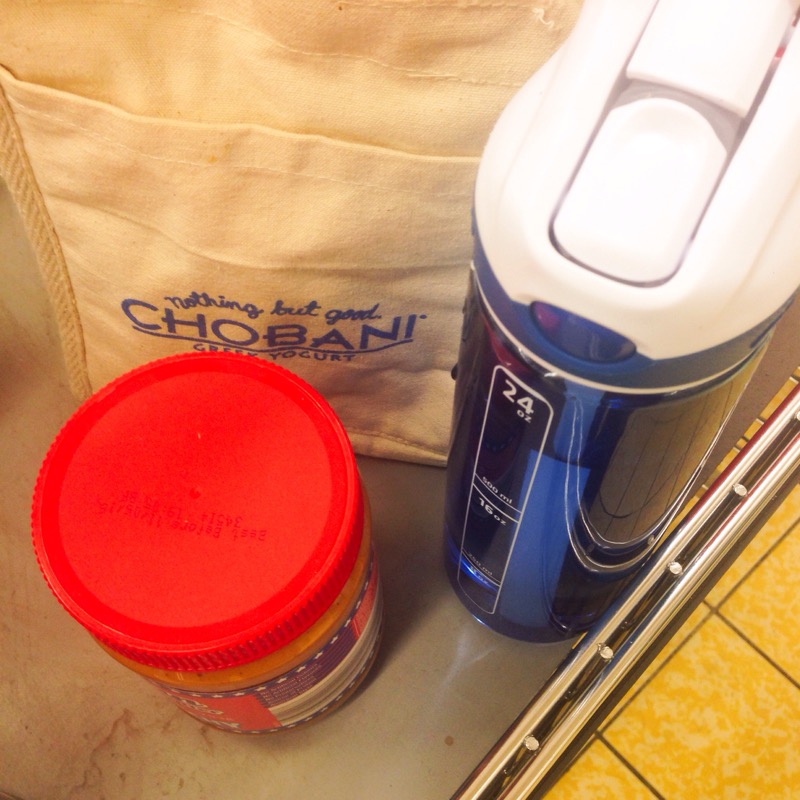 |
| www.youtube.com |
Well, Gwyneth Paltrow, bless her organic cotton (or perhaps they’re bamboo) socks rose to the challenge and tweeted her shop. And the internet appeared to respond with universal ridicule. The limes, the absence of much protein, carbs or fat – so typically Gwyneth and hence so typically misinterpreted by the rest of us (her lifestyle website GOOP polarises the masses and I’m polarised to the dedicated non believer and non relater side of the fence).
But while none of us can resist another laugh at Gwyneth’s attempt to ‘keep it real’, would anyone of us have done the challenge any better without sacrificing the food choices we’ve been spoiled with for most of our lives? I’m so used to having my three pieces of fruit a day, lavish amounts of fresh vegetables for both lunch and dinner, meat or fish every day and I splash my milk around with abandon. I like a certain kind of black tea, a certain kind of green tea and a certain kind of instant coffee beginning with ‘M’. My day is punctuated by food breaks filled with foods that would nix the SNAP budget by Tuesday. And that’s before you count my almost daily coffees and the Saturday almond croissant I can’t live without.
Aside from the costs of my favourite foods, there’s also the question of lifestyle. I drive most places and work a relatively sedentary job where there’s a fridge on site for me to store the salads I bring in for work. Few people relying on food assistance would be living like this. They’d more likely be relying on public transport, living in more remote places where there’d be a price premium on fresh produce and engaging in heavy physical activity each day as part of their work or as a carer to a relative. There may not be room or facilities in their accommodation to lovingly whip up batches of home made raw muesli.
With this different reality in mind, is it any wonder that highly processed, calorie dense foods that require minimal preparation while also storing well feature so prominently in the lives of people living with social disadvantage? The restraints of both budget and life circumstances have resulted in groups of the population who manage to get more than their required daily kilojoule intake in fats and sugars but fail to consume adequate amounts of vitamins, minerals and fibre.
Since I’m joining the judgement of Gwyneth by writing this post about her, can I add anything constructive to the conversation? What would I have done differently for the challenge if I were her?
There aren’t enough characters in a tweet to explain my choices while also expressing my appreciation of the challenges people with less gilded lives would face when trying to survive on $29 worth of food per week. That poverty isn’t just about money, it’s about having to make a compromise in every aspect of your daily life due often to circumstances beyond your control.
Perhaps I would have chosen foods like that jar of Aldi peanut butter (it’s both a spread and a snack straight out of the jar) and canned tomatoes and then used them creatively to make meals that stay as close to my personal food ethos as possible. Or made a comment about buying close to expiry date meats and then freezing them for later or else using them as a base for freezer friendly cheap dinners. I might even have gone as far as choosing a few frozen or canned fruits and vegetables for my shop, a bottle of lime juice rather than the 7 limes in Gwyneth’s photo.
Over to you. How would a budget of $29 per week for all your food change the way you shop? What changes would you make? What wouldn’t you be able to compromise on? What insight would the experience give you on how the ‘other half’ try to survive?

